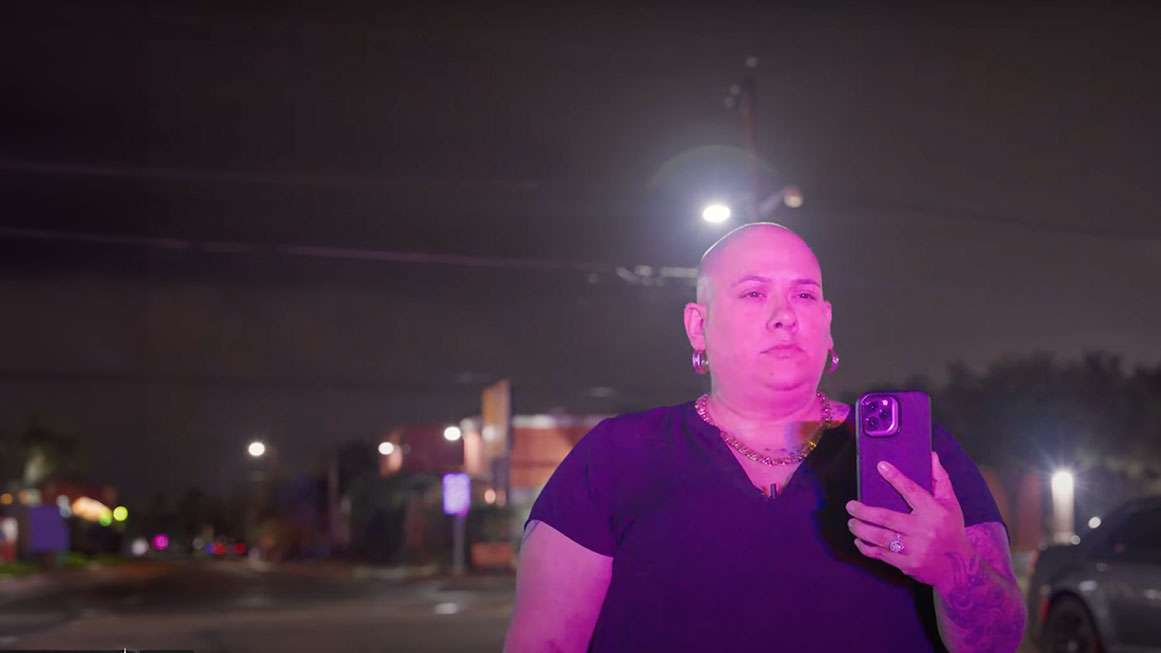“They thought this would silence me,” Priscilla Villarreal says. “But all they did was create a monster.”
Villarreal, a journalist in Laredo, Texas, is at the center of a legal battle with significant First Amendment implications. She doesn’t work for traditional media outlets but rather livestreams her reporting online, complete with her distinctive profanity-laced commentary.
Known as “Lagordiloca” in Laredo, she’s a local celebrity known for her bold, investigative reporting style that often takes her to crime scenes and accidents. In 2024, she even launched a write-in campaign for Laredo City Council.
However, not everyone appreciates her work. In 2017, she was arrested by law enforcement for breaking stories that shed light on their misconduct. Despite confirming her information with a confidential source, she was charged under an obscure Texas law for soliciting nonpublic details.
The case against Villarreal was eventually dismissed, but the legal battle sparked a national debate on citizen journalism and the rights of nontraditional reporters.
Despite facing backlash, Villarreal gained support from various groups across the ideological spectrum and media organizations. The Supreme Court’s decision to reconsider the case brought hope for her fight for journalistic freedom.
“I strongly oppose the idea that judges can undermine the rights of citizen journalists,” says Greg Lukianoff of the Foundation for Individual Rights and Expression, who is representing Villarreal. He emphasizes that regardless of one’s status as a ‘legitimate journalist,’ everyone deserves equal free speech and First Amendment protection.
This article was originally published under the title “Citizen Journalism Under Threat.”





